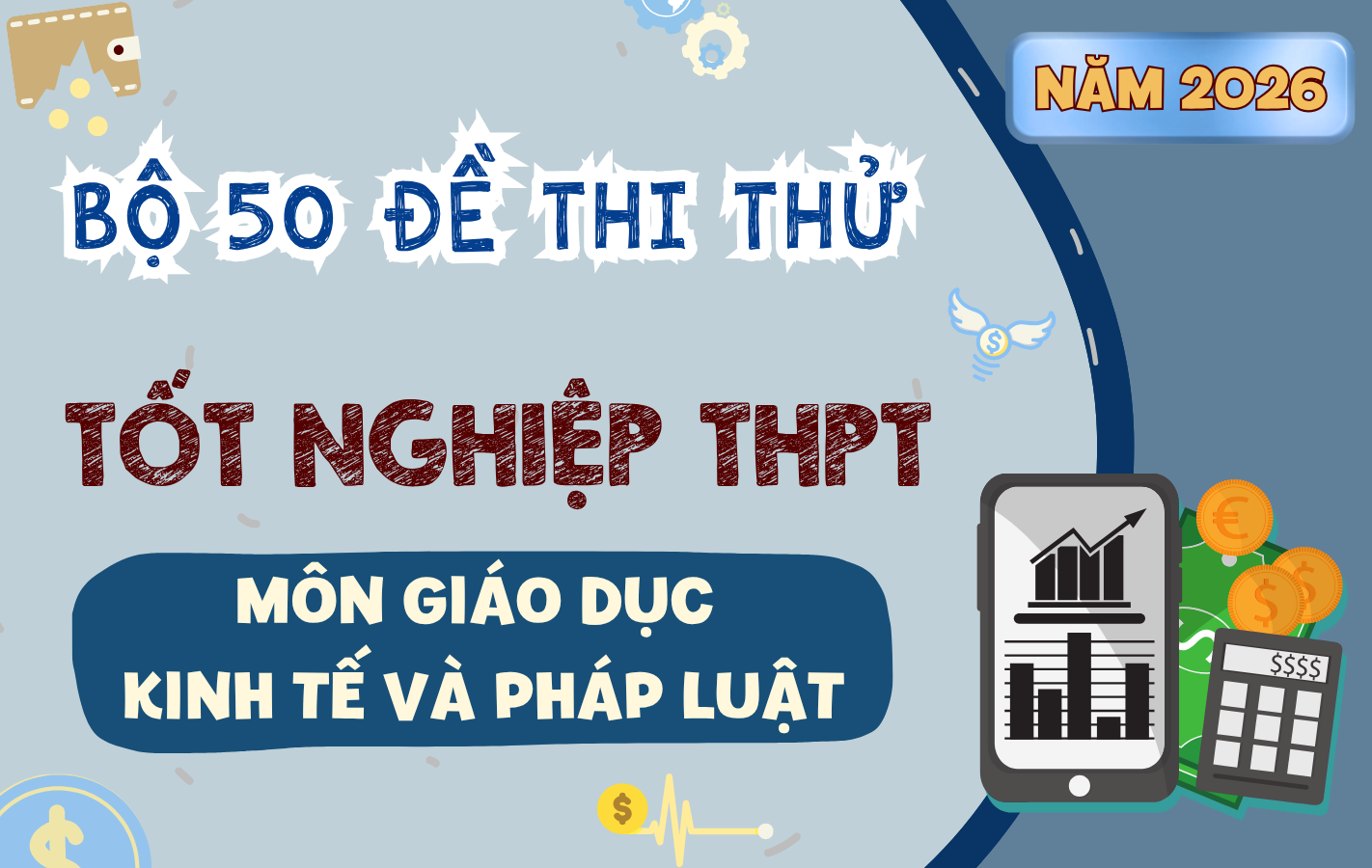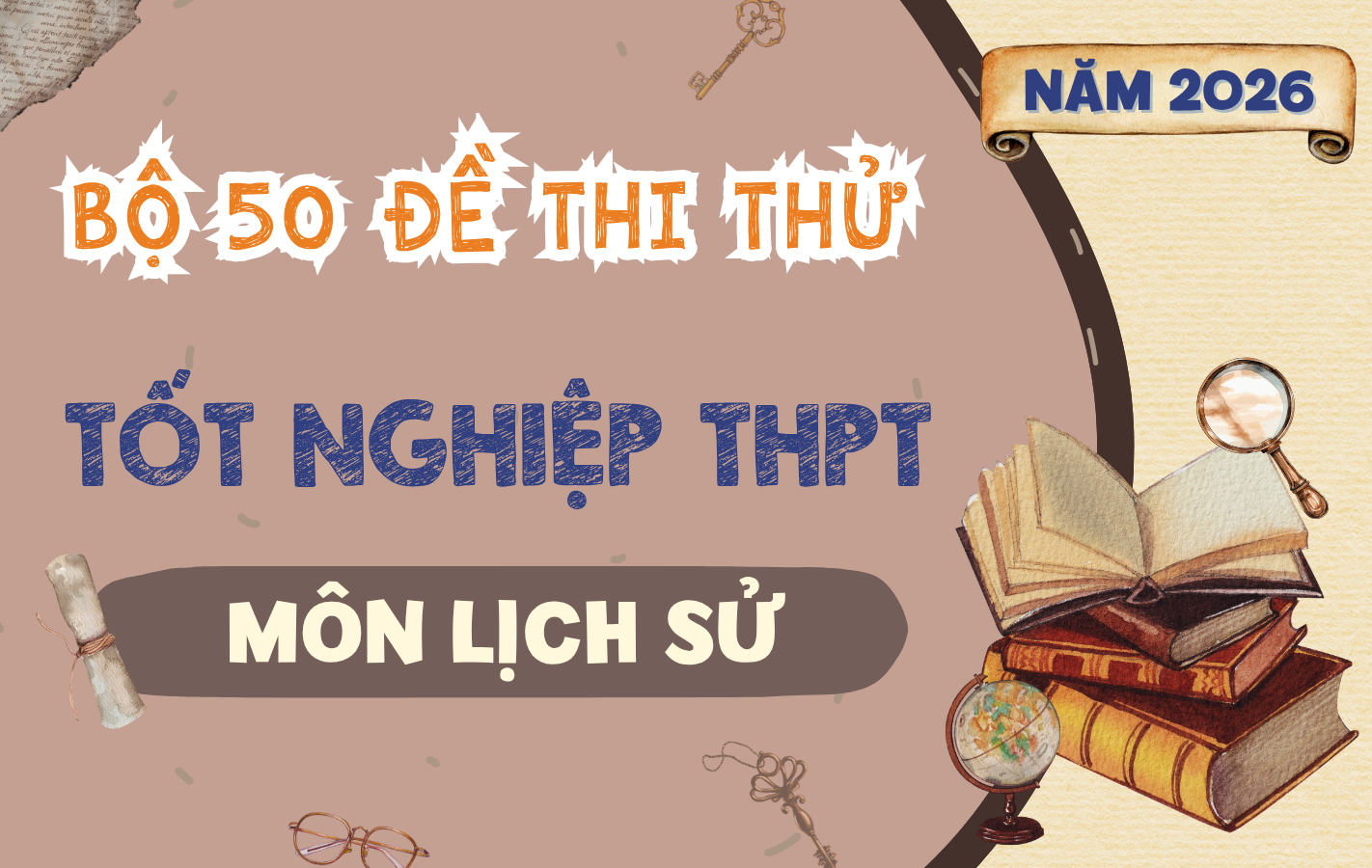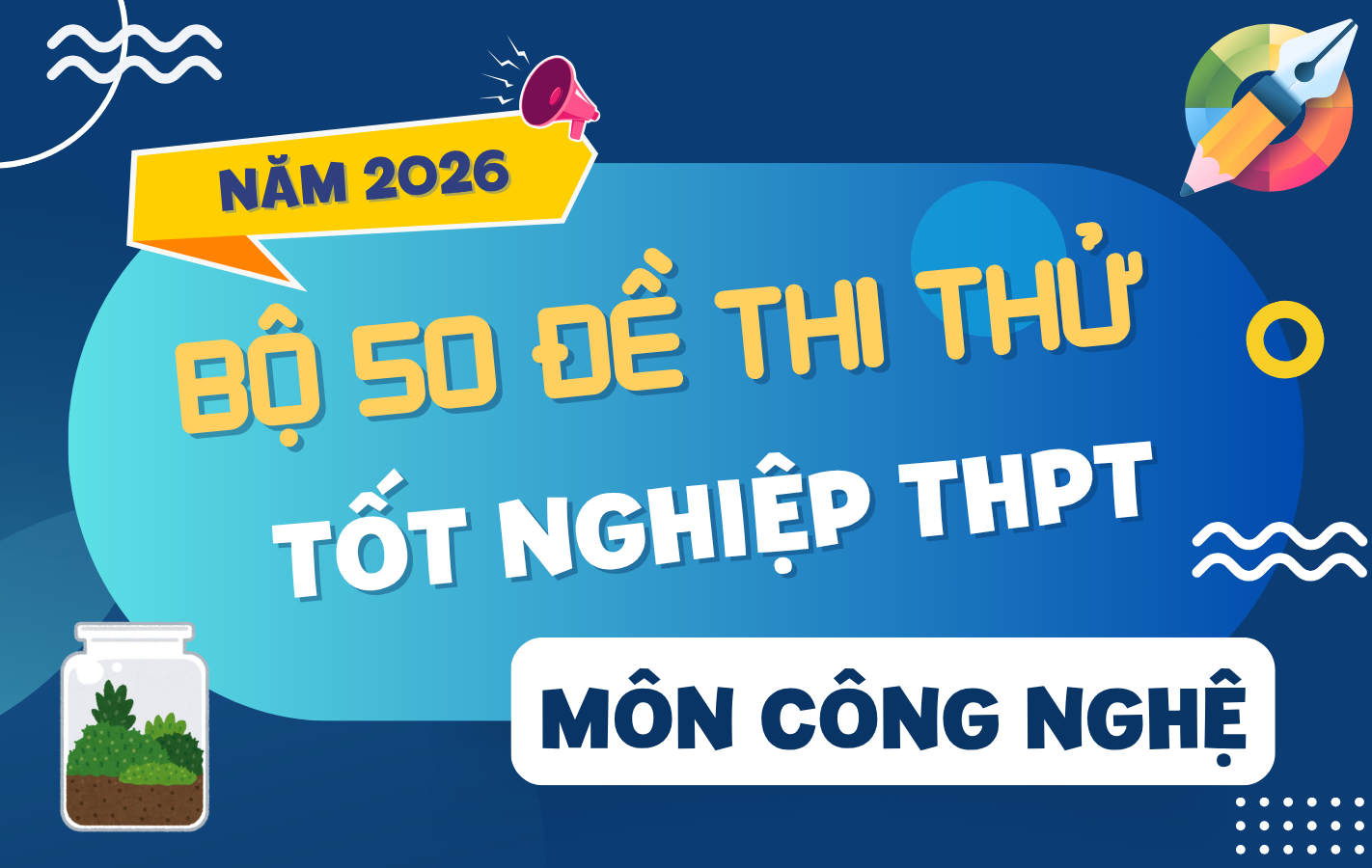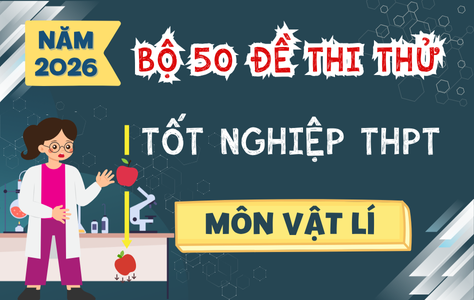Câu hỏi:
Read the following passage about the Koromi trend and mark the letter A, B, C, or D on your answer sheet to indicate the best answer to each of the following questions from 31 to 40.
[I]. If you’ve done any traveling at all, you’re likely quite aware that customs and etiquette differ from one culture to another: what may be perfectly innocuous in one place may be hideously offensive in another, and vice-versa. [II]. Granted, even if you haven’t traveled at all, you’re probably aware of the fact that certain types of behavior aren’t exactly acceptable in other countries: belching at the table may be a sign of gratitude in some places, but in most areas of North America and Europe, such a display will earn you a fair bit of ire. [III]. Whether you plan on traveling to any of the places listed below or just doing business with a foreign client, it’s important to educate yourself on the standards of politesse and etiquette beforehand-the last thing you want to do is offend someone with any ignorant, boorish behavior. [IV]. Here’s how to be polite in different countries.
When dealing with Japanese clients, be sure to dress fairly conservatively, and make sure that you bow lower than they do upon meeting them. Accept gifts with both hands and open them later, not in front of the giver, and never blow your nose at the dining table. Avoid asking and answering direct questions: it’s better to imply rather than ask, and to answer with vagueness during conversations.
In Kenya, when greeting someone older or of a higher status than yourself, grip their right wrist with your left hand while shaking it; it’s a sign of respect and deference. Do ask questions about their health, family, business etc. before getting to major topics, as skipping these niceties is seen as impolite. If sharing meals, do not begin eating until the eldest male has been served and starts to eat.
Turning down an alcoholic drink is considered terribly offensive in Russia, so it’s a good idea to fortify yourself with some greasy food before heading out for a meal with Russian or Ukrainian clients. Don’t smile at strangers or they’ll think you’re deranged, and when paying for items, place your money on the counter rather than trying to hand it directly to the cashier.
Where in paragraph I does the following sentence best fit?
"Cultural differences in behavior can lead to unintended offense in certain regions."
Đáp án đúng: A
Phân tích từng lựa chọn:
A. [I] → Phù hợp nhất. Câu đầu tiên của đoạn 1 đã đề cập đến sự khác biệt văn hóa và khả năng gây xúc phạm. Chèn câu này vào vị trí [I] giúp làm rõ ý hơn.
B. [II] → Câu này nói về việc không cần phải đi du lịch vẫn có thể biết về sự khác biệt văn hóa, không phù hợp.
C. [III] → Nói về tầm quan trọng của việc học hỏi nghi thức, không liên quan trực tiếp.
D. [IV] → Câu này chỉ mở đầu danh sách các quy tắc ứng xử ở nhiều nước.
Đáp án đúng: A ([I])
Câu hỏi này thuộc đề thi trắc nghiệm dưới đây, bấm vào Bắt đầu thi để làm toàn bài
Bộ đề thi giúp học sinh lớp 12 làm quen với cấu trúc và nội dung đề thi tốt nghiệp THPT môn Tiếng Anh năm 2025. Đề thi được xây dựng theo định hướng của Bộ GD ĐT, bao gồm các phần Ngữ âm, Từ vựng - Ngữ pháp, Chức năng giao tiếp, Kỹ năng đọc hiểu, Kỹ năng viết và Phát âm - Trọng âm. Hệ thống câu hỏi đa dạng, bám sát chương trình học, giúp học sinh rèn luyện kỹ năng làm bài và nâng cao tư duy ngôn ngữ. Đáp án chi tiết đi kèm hỗ trợ học sinh tự ôn tập, đánh giá năng lực và chuẩn bị tốt nhất cho kỳ thi quan trọng.
Câu hỏi liên quan
Locate & Giải thích:
Câu trong bài: "When dealing with Japanese clients, be sure to dress fairly conservatively, and make sure that you bow lower than they do upon meeting them."
"They" thay thế cho "Japanese clients"
Đáp án đúng: D. the clients in Japanese
Locate & Giải thích:
Câu trong bài: "When dealing with Japanese clients, be sure to dress fairly conservatively, and make sure that you bow lower than they do upon meeting them. Accept gifts with both hands and open them later, not in front of the giver, and never blow your nose at the dining table. Avoid asking and answering direct questions: it’s better to imply rather than ask, and to answer with vagueness during conversations.".
( Khi làm việc với khách hàng Nhật Bản, hãy đảm bảo ăn mặc khá kín đáo và cúi thấp hơn họ khi chào hỏi. Nhận quà bằng cả hai tay và mở quà sau đó, không mở ngay trước mặt người tặng. Tuyệt đối không hỉ mũi trên bàn ăn. Tránh đặt câu hỏi trực tiếp hoặc trả lời quá rõ ràng: tốt hơn là nên ngụ ý thay vì hỏi thẳng và trả lời một cách mơ hồ trong các cuộc trò chuyện.)
Đáp án đúng: C. Unwrapping a gift immediately in front of the giver
Đáp án đúng: A. Understanding cultural norms is essential to avoid causing offense when interacting with people from other countries.
Giải thích:
Đoạn 3 nhấn mạnh tầm quan trọng của việc tìm hiểu nghi thức văn hóa để tránh gây xúc phạm.
Các lựa chọn khác không đúng vì:
o B nói chỉ cần học khi đi du lịch, nhưng bài không nói vậy.
o C nói không cần học văn hóa nếu không đi du lịch, sai.
o D nói học văn hóa là tùy chọn, nhưng bài nhấn mạnh đó là điều quan trọng.
Đáp án đúng: A.
Giải thích:
Câu trong bài: "It’s a good idea to fortify yourself with some greasy food before heading out for a meal with Russian or Ukrainian clients."
"Fortify" ở đây có nghĩa là chuẩn bị sẵn sàng, gần nghĩa nhất với "Prepare yourself with".
Đáp án đúng: B. Prepare yourself with

Bộ 50 Đề Thi Thử Tốt Nghiệp THPT Giáo Dục Kinh Tế Và Pháp Luật Năm 2026 – Theo Cấu Trúc Đề Minh Họa Bộ GD&ĐT

Bộ 50 Đề Thi Thử Tốt Nghiệp THPT Lịch Sử Học Năm 2026 – Theo Cấu Trúc Đề Minh Họa Bộ GD&ĐT

Bộ 50 Đề Thi Thử Tốt Nghiệp THPT Công Nghệ Năm 2026 – Theo Cấu Trúc Đề Minh Họa Bộ GD&ĐT

Bộ 50 Đề Thi Thử Tốt Nghiệp THPT Môn Hóa Học Năm 2026 – Theo Cấu Trúc Đề Minh Họa Bộ GD&ĐT

Bộ 50 Đề Thi Thử Tốt Nghiệp THPT Môn Sinh Học Năm 2026 – Theo Cấu Trúc Đề Minh Họa Bộ GD&ĐT

Bộ 50 Đề Thi Thử Tốt Nghiệp THPT Môn Vật Lí Năm 2026 – Theo Cấu Trúc Đề Minh Họa Bộ GD&ĐT
ĐĂNG KÝ GÓI THI VIP
- Truy cập hơn 100K đề thi thử và chính thức các năm
- 2M câu hỏi theo các mức độ: Nhận biết – Thông hiểu – Vận dụng
- Học nhanh với 10K Flashcard Tiếng Anh theo bộ sách và chủ đề
- Đầy đủ: Mầm non – Phổ thông (K12) – Đại học – Người đi làm
- Tải toàn bộ tài liệu trên TaiLieu.VN
- Loại bỏ quảng cáo để tăng khả năng tập trung ôn luyện
- Tặng 15 ngày khi đăng ký gói 3 tháng, 30 ngày với gói 6 tháng và 60 ngày với gói 12 tháng.